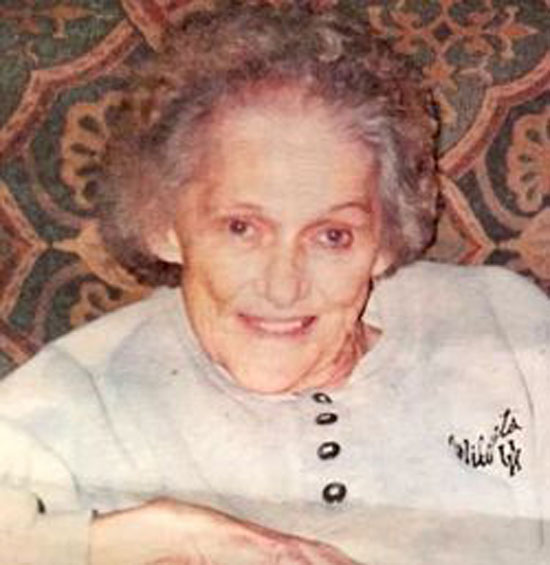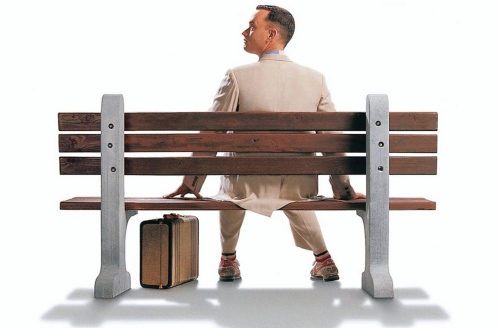And Following in Their Footsteps
This is another essay in which I credit my maternal grandmother, whom I called Nanny, for helping me begin the journey down my yellow brick road of life. My mother and I lived with her parents while my father was in the South Pacific during WWII.

After the war, my parents bought a home several blocks from my grandparents. While growing up and attending elementary school, my grandmother had an engaging manner of disciplining my brothers and me. She would say, “You are acting too big for your britches.” Another saying was, “I love me. I think I'm grand. When I go to heaven, I'll hold my hand.” The first saying was a common statement decades ago. However, the second was one that she invented.
My grandmother died five decades ago, but I remember her for her love and caring. She lives on in my memory, and I try to emulate her caring in my life.
We all have family members who have helped us during our lives. J.D. Vance’s grandmother assisted him in his early years. Vance called her Mamaw. His parent’s marriage had many problems. Vance’s father left the family while his mother suffered from substance abuse and addiction. There were questions about her abusing and threatening her children. Finally, Vance went to live with his grandparents due to her problems. He called them Papaw and Mamaw.
This is a short story that Vance told at the Republican National Convention about Mamaw.
However, Vance connected with Mamaw. That relationship gave him a respite from his chaotic early life.

In 2016, Vance wrote Hillbilly Elegy. At first glance, his book is seen as a story of a person who pulled himself up by the bootstrap. Vance was the 21st-century version of Horatio Alger of the 19th century. Both were examples of the rags to riches motif. Vance faced adversity and setbacks. Nonetheless, he was responsible for his success because of his drive. He is an example of what all people from Appalachia could achieve if they worked as hard as he did.
Vance viewed the people in the Appalachian town of Middletown as lazy. “People talk about hard work all the time in places like Middletown...You can walk through a town where 30 percent of the young men work fewer than 20 hours a week and find not a single person aware of his own laziness.”
He assumes that laziness is the cause of the lack of motivation. If someone is living in poverty, it is laziness. It is their fault. Vance contends that all the poor living in Appalachia or big cities could escape poverty if they were motivated. That mindset is, at best, racist. I wonder whether Vance would have escaped poverty had he remained with his mother and not had Mamaw’s assistance.
Vance also states, “We do not like outsiders or people who are different from us, whether the difference lies in how they look, how they act, or, most importantly, how they talk.” His stance is xenophobic. If you aren’t like me, I am not interested in you. For example, Vance is against our support of Ukraine. “I got to be honest with you, I don’t really care what happens to Ukraine one way or another.”










